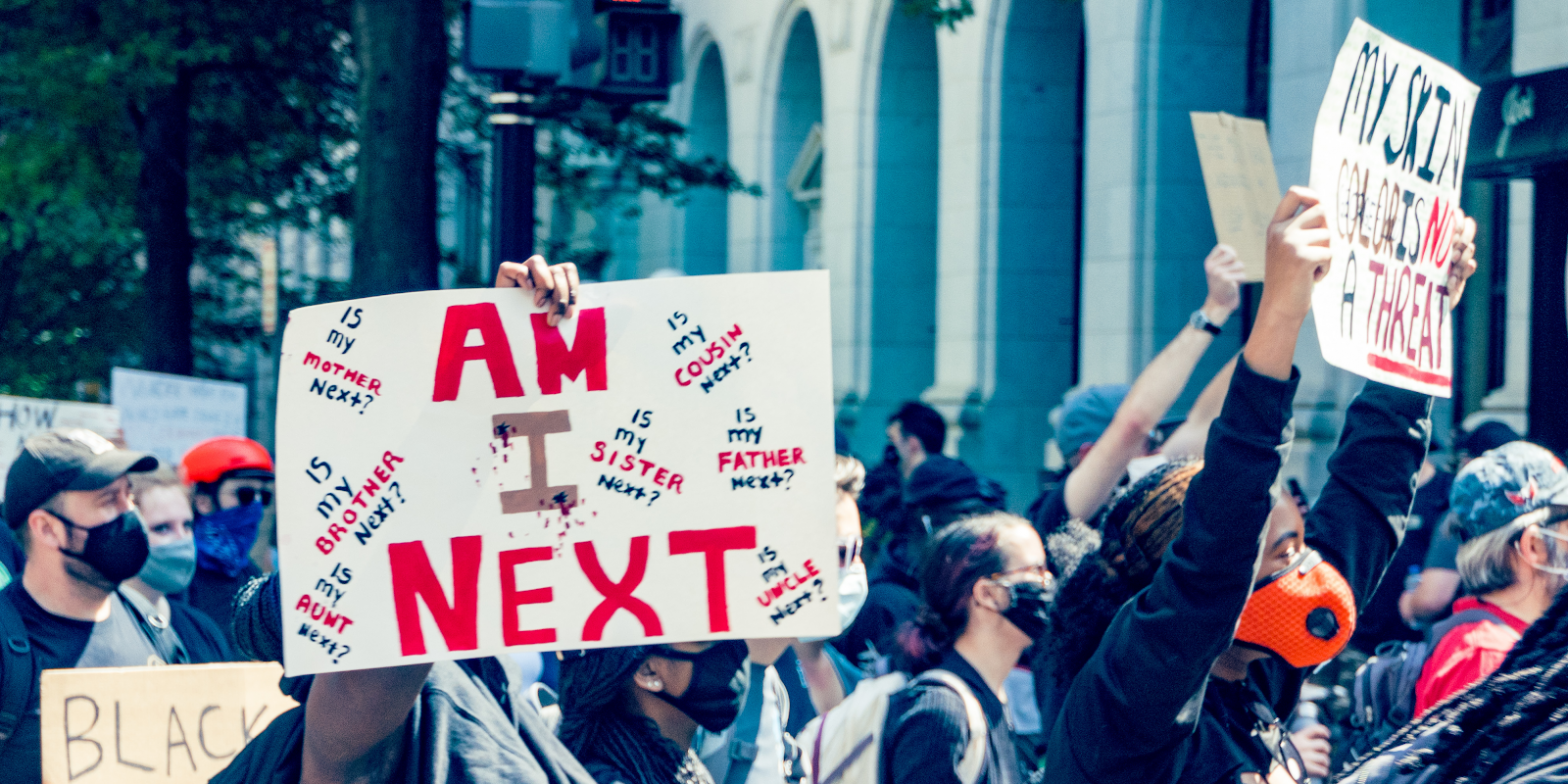In the wake of this past year’s racial reckoning and the recent grand jury decision of Breonna Taylor’s death, the idea of defunding the police has grown to be a heated topic of debate. However, it holds true merit in addressing the need to redistribute resources from the police to social support systems in order to dedicate the proper resources that each unique situation necessitates.
Before we consider what it means to defund the police, we must first address a common argument that dismisses and almost justifies racial profiling: certain minority groups commit crime at higher rates, so police officers are right to arrest them at higher rates. What this argument overlooks is that poverty and crime are so deeply intertwined; we cannot ignore the centuries of systemic oppression that have forced Black people into a position where they might be more likely to commit crime.
The cyclical nature of poverty and crime can be illustrated as follows: when police are more aggressive in Black communities, they assume criminality and consequently look harder for evidence that a Black person has committed a crime. The “crimes” of supposedly resisting then create an arrest record, limiting the options the person has going forward; the difficulty to find work leads them to illegitimate sources of income, and the cycle continues.
There is also empirical evidence that supports the fact that law enforcement officers profile on the basis of race, whether this means disproportionately arresting Black people or turning their heads away from white people. Numerous studies have found that while police are more likely to search Black drivers after a traffic stop, white drivers are more likely to be in possession of illegal drugs or weapons. And in the context of stop-and-frisk policies, data shows that only about three percent of these encounters produce any evidence that the person committed a crime.
Racial profiling is not the only problem with law enforcement—police officers are ill-equipped for situations involving people with mental illnesses. In 2018, police officers fatally shot approximately 1,000 people in the United States, and people with mental illnesses were involved in 25 percent of those deaths. It does not make much sense that police officers are the first responders in mental health emergencies, yet we would find it odd and alarming if only police officers showed up to a medical emergency. Additionally, the calls to police officers in such cases usually do not come from bystanders, but rather family members who hope to calm their loved one down or get them to a hospital. People with mental illnesses are 16 times more likely to die as a result of a police encounter compared to the general public, which only stands testament to how ill-equipped police officers are in these types of emergencies.
That being said, the idea of defunding the police does not mean abolishing the police, although this is another solution in the midst of heated debates. Instead, defunding means reallocating the funds away from the police department to other governmental agencies. These agencies would better handle the same situations that police officers often exacerbate and help to build a more equitable society, preventing the cycle of poverty and crime from plaguing another generation.
Reallocating funds from the police stems from the idea that the key to reducing crime is providing equal educational and working opportunities. In fact, a study using data from the past 60 years shows that increasing funding for police does not significantly correlate to a decrease in crime; yet, our country pours over 100 billion dollars to a sector of the government that fails to protect and serve its people.
Rather than funneling so much money into a single group, we need to spread it out among individual programs that can respond to specific emergencies, such as substance abuse, domestic violence, homelessness, and mental health. We can see the positive effects of this redistribution of funds in Dallas, Texas, where, in 2018, police and fire departments around South Central Dallas dispatched social workers to mental health emergencies. The hope was to have trained mental health professionals handle these cases without defaulting to the city’s overcrowded emergency rooms and jails. Indeed, the volume of psychiatric patients in those ERs has decreased in areas with this program, all while giving people the help that they need. We can begin to implement these specialized teams and first responders on a national level through the Crisis Intervention Team (CIT) program, which aims to connect law enforcement to trained mental health professionals. The National Alliance on Mental Illness advocates for the inclusion of mental health-oriented services as they are necessary to to reduce arrests of people with mental illness while increasing the likelihood that they will receive mental health services.
Defunding the police is not the radical idea that partisan lines spell it out to be. If anything, it should make more sense to create emergency response teams and programs on a local level so police officers are not the first responders to emergencies for which they are not properly trained or qualified.
In this past year alone, police have shot and killed 1,010 people. The moment we allow officers to think they can just kill a woman who was sleeping, a man who was shopping, a teenager walking home from 7-Eleven, or a 12-year-old boy playing with a toy gun—simply because all of these people had more melanin in their skin—is the moment we have failed as a nation.

